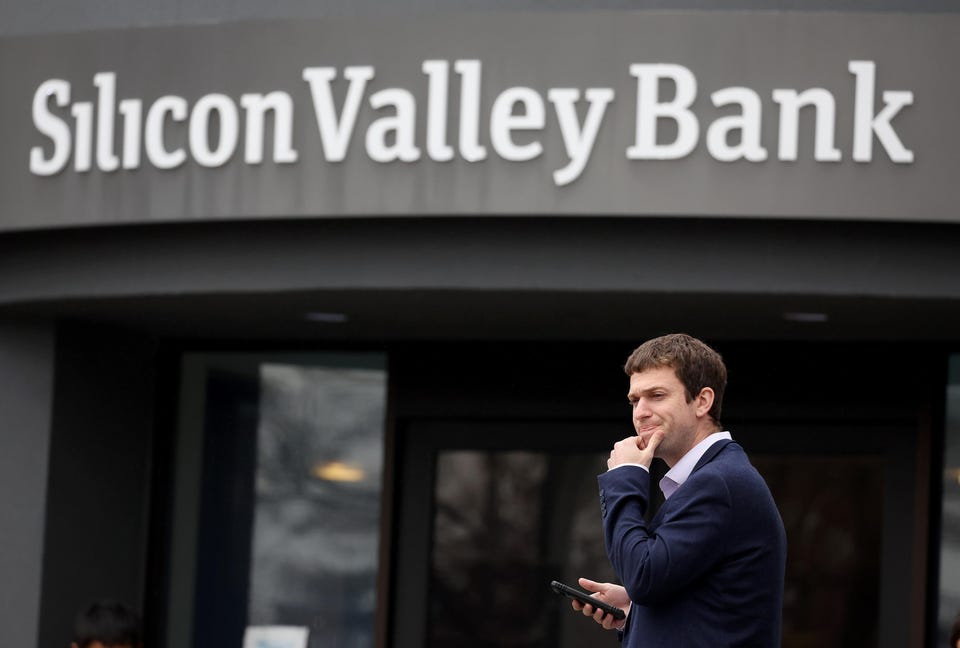SVB’s Venture Debt Is Not All Good

![]()
Tim Mayopoulos, the new CEO at Silicon Valley Bank, advocated on Tuesday that its leading venture capital clients shift their deposits to the newly built bridge entity during a virtual gathering.
The FDIC’s takeover of SVB Bank sent shockwaves through global markets and ravaged stocks last week. To contain the effects of its collapse, they appointed a former Fannie Mae CEO to head Silicon Valley Bridge Bank N.A., demonstrating their commitment to stability in times of crisis.
SVB is a major driving force in healthcare startups, with 54% of all VC-backed US healthcare companies that have raised rounds since 2021 having an affiliation with them. An impressive 72% of these same enterprises that have obtained more than $40 million through venture capital since 2021 also maintain a banking relationship with SVB.
SVB has gained many passionate supporters, including Byron Deeter and Hemant Taneja. But with loans potentially in default due to the terms not being met by startups, it’s unclear whether buyers would continue to abide by these agreements—which could further impede negotiations between them and an ultimate purchaser.
Venture Debt Started It All
Looking back to the summer of 2022, the markets became increasingly unpredictable, and healthcare stocks slid. After last year’s funding surge, venture capitalists have backed off their investment in this industry.
As an alternative, confident investors advocate that healthcare startups utilize venture debt to strengthen their financial position. Startup advisors urge companies to consider debt as a beneficial solution. It offers financial longevity without diminishing shares, allows owners to preserve control over the company, and avoids potential down-rounds – when a business must raise funds at a lower price than before.
Interest rates for venture debt can range from about 7% to 12%, and the loans usually must be repaid by the five-year mark, according to SVB.
What’s Next
With the looming due date of temporary bridge funding from Silicon Valley Bank, startups are now in a mad dash to figure out how they will cover and refinance their obligations, according to an official at one of Canada’s government-owned venture capital firms. The debt was created to help businesses make ends meet until they can raise more capital by selling equities, and founders must demonstrate their future profitability.
This new approach to debt reverses the entire venture debt strategy, and I am unsure if the companies can pivot this quickly.
Future of Banks Tailored to Startups
SVB was not just a financial institution but also the creation of the startup ecosystem bringing various founders together by helping them achieve their dream. Numerous founders have expressed that it may be impossible to find a financial institution with the right combination of benefits, sophistication, and swiftness that SVB has offered entrepreneurs.
SVB was renowned for fostering valuable relationships and solidifying trust between entrepreneurs and bankers. As a reward, they offered their clients exclusive activities like exotic car racing, backstage access at music festivals, and meeting vintners in private sessions at Napa Valley wineries – up to 300 wine-related events one year.
It’s uncertain if SVB’s acquirer will continue to provide the same experience as SVB. What will happen for sure is that the aftermath of SVB’s collapse emphasizes the need for startups to focus on becoming profitable and managing their expenses more judiciously.
